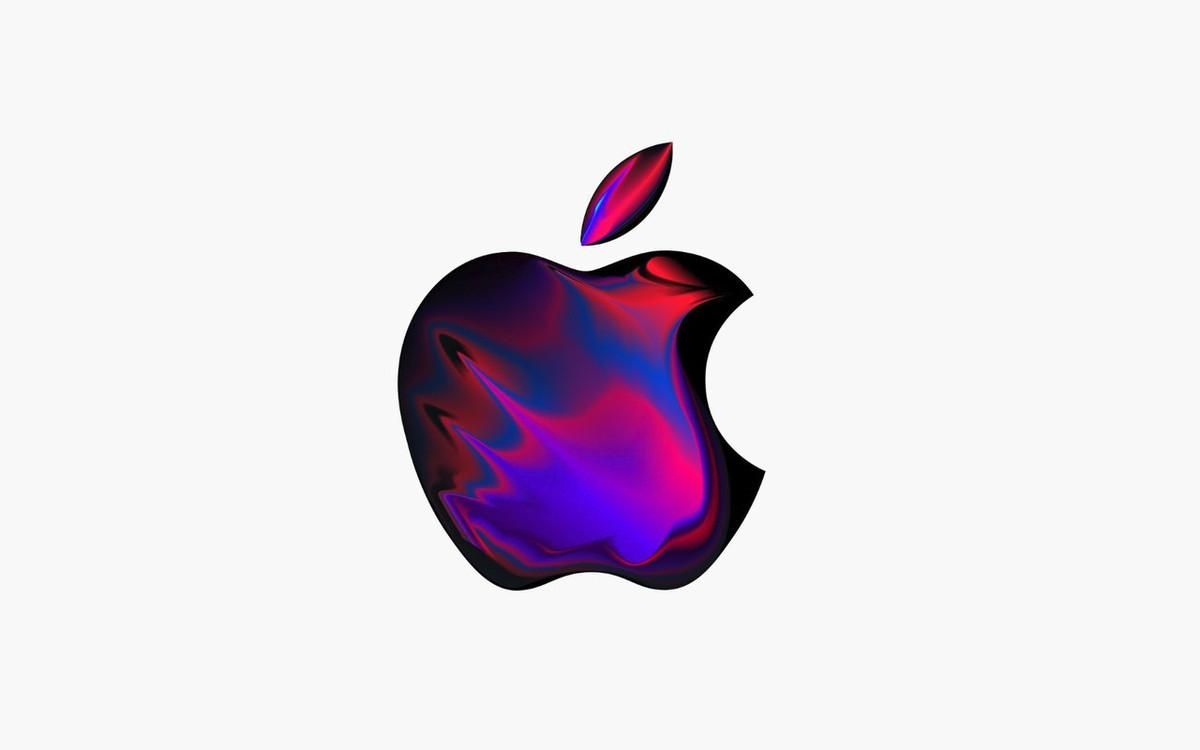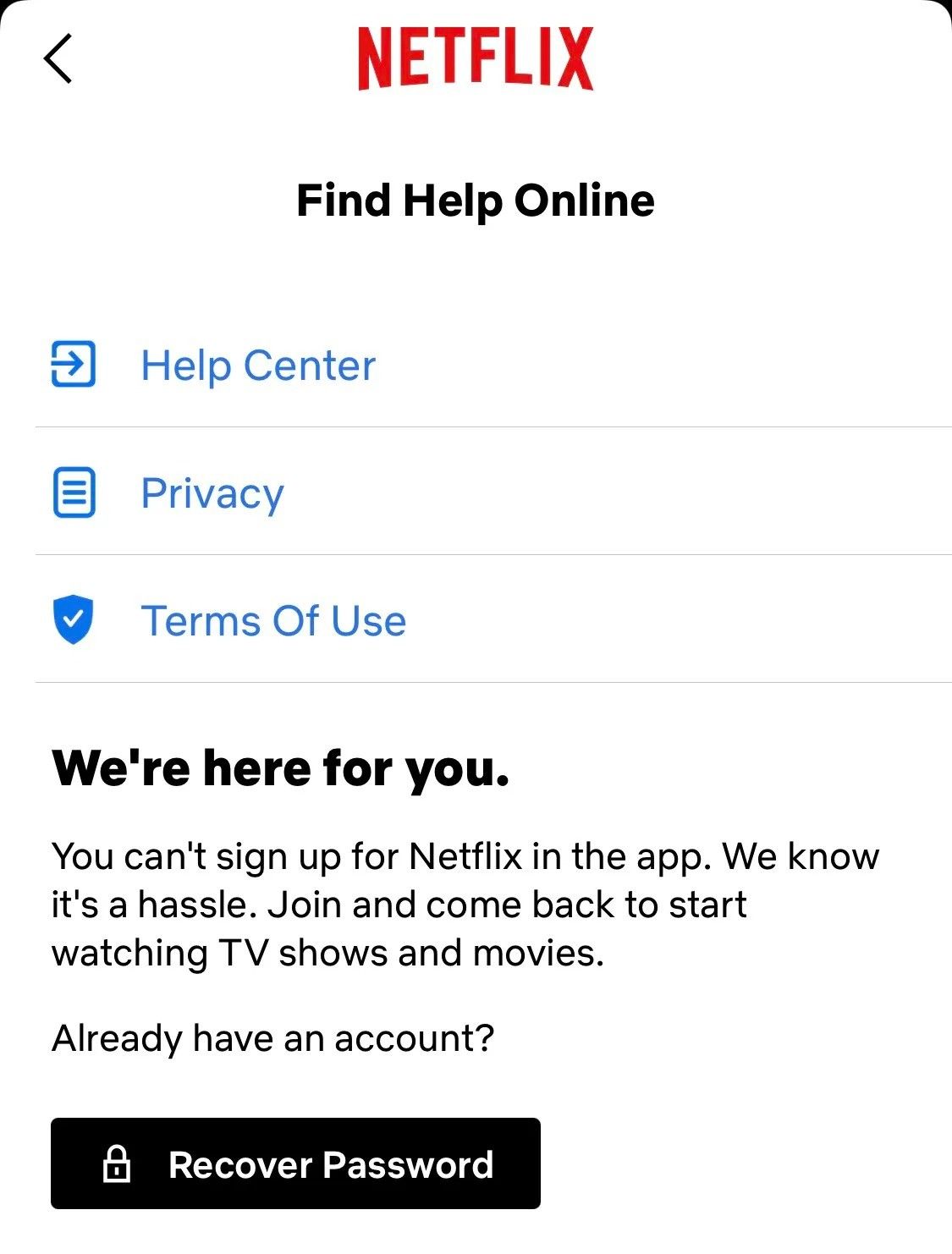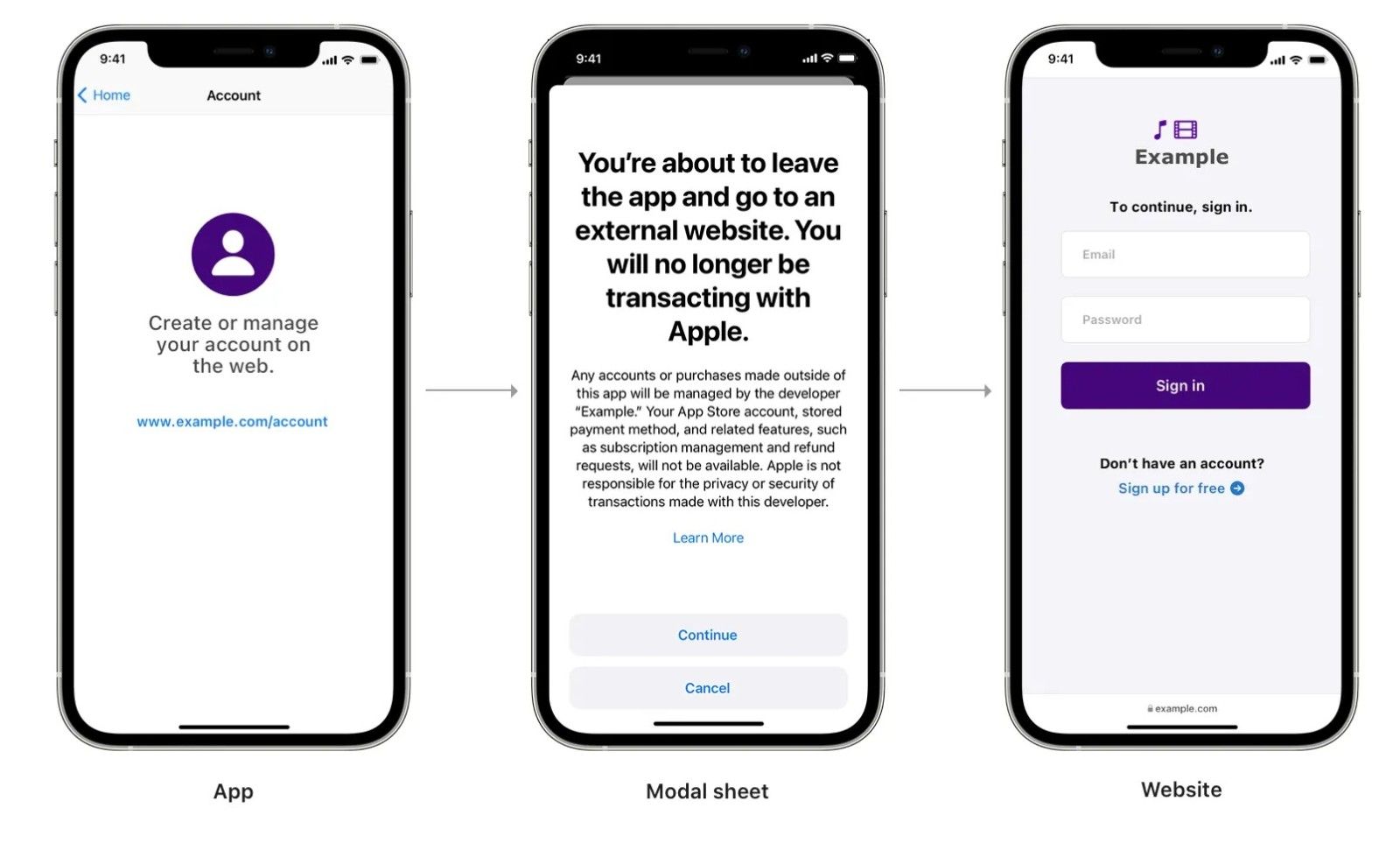Before we dive into the topic, let’s clear the air on what might create confusion. While you are right to think about Kindle when you read about “reader” apps, in Apple’s terminology, a 'reader' app is an app that provides digital content as the primary function. The reader apps include all the apps that offer magazines, newspapers, books, audio, music, or video, as their primary function.
Apple today announced that it will allow 'reader' apps, such as Netflix, Spotify, and Kindle, to link to their own websites for payment. The news comes after Apple announced last year that it will allow certain types of apps to process payments without using Apple's in-app purchase service. The move has been a long time coming and it's finally available for developers to integrate.
With this change, developers of the reader apps will be able to provide a link to the user which will take them to their website and the payment can be processed over there. Apple has announced this change as a part of the settlement with the Japan Fair Trade Commission (JTC). As stated above, these reader apps include apps that offer digital content such as magazines, newspapers, books, audio, music, or video, as the primary function of the app.
Due to this, apps such as Netflix, Spotify, Kindle, and others were not able to complete the sign-up process on their app until now. Instead, the apps asked the users to complete the sign-up on their own website and then login into their account on the iPhone. This is because Apple charges a 30% commission fee from the developer every time they use Apple's in-app purchasing system.
Current Netflix app saying "you can't sign up on the app"
Source: The Verge
As app developers didn't want to take a hit, they raised the prices of their services so that they receive the correct amount and the difference in amount went to Apple as commission. This is the same reason why YouTube Premium costs more via the iOS app in comparison to the price a user would pay if they sign-up via the YouTube website. This left many users angry, and the case was finally filled with the JTC. Now, as a part of the settlement, Apple is finally allowing developers to add a button that would allow them to process payments outside the app.
The developers can immediately integrate this feature into their app. The developers will have to request an "entitlement" before they can add the button to their app. After they receive approval from Apple, they will be able to integrate the option into their app. After the developer adds the option to the app, it will still go through the App Review process so there might be some time before the option is available, but at least we know it's coming.
The sign-up process is still not very intuitive (or rather encouraging). Apple adds a popup between the signup page on the iOS app and the signup screen on the website with text such as "You will no longer be transacting with Apple," but at least it's there. Moreover, developers can't add text explaining how much the service will cost on their website. For example, Netflix can't add a button "tap here to sign up for Netflix, starting at $9.99 a month," they'll have to use a simpler button.
Source: Apple
On the face of it, it doesn't sound that big of a deal as it's just allowing developers to process payments outside App Store, but it's much more than that.
Is it really that big of a deal?
First of all, it's a win for the developers, however small it may be. The developers can finally gain new users on iOS without frustrating them and asking them to complete sign-up on their website. This not only means increased revenue for the developers but a better sign-up experience for iOS users as well. In addition to the better sign-up process, the user will also benefit as they would pay less and would have better control over price tiers to opt for.
For now, the functionality has only been approved for 'reader' apps, but it proves that Apple can allow transactions outside App Store. This gives us the hope that it may allow the same functionality on other apps and in-app purchases as well. And with the European Union pressuring the Cupertino-based giant, it may happen real soon.
It also proves that Apple can amend its App Store rules. Developers have long been calling out Apple to change some of the practices of the App Store that don't make sense in 2022. The change states that the company is ready to make changes (even though they're under legal pressure). And with the Digital Markets Act coming soon, you can expect the App Store experience to change a lot — there's a slight chance that Apple might also allow sideloading apps on iPhone.



